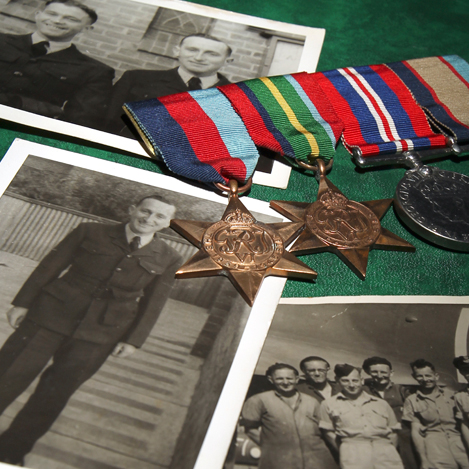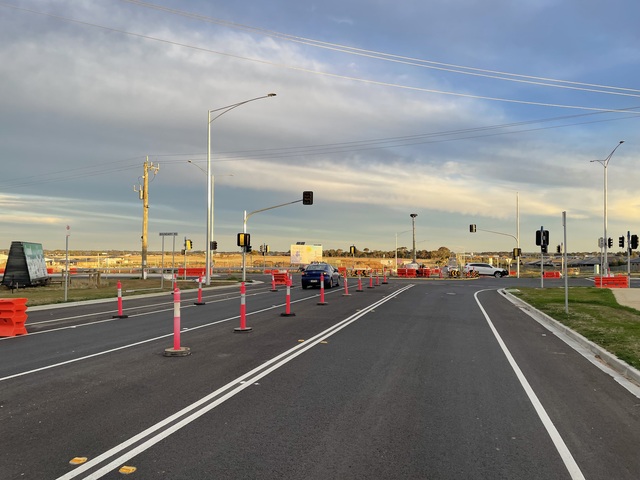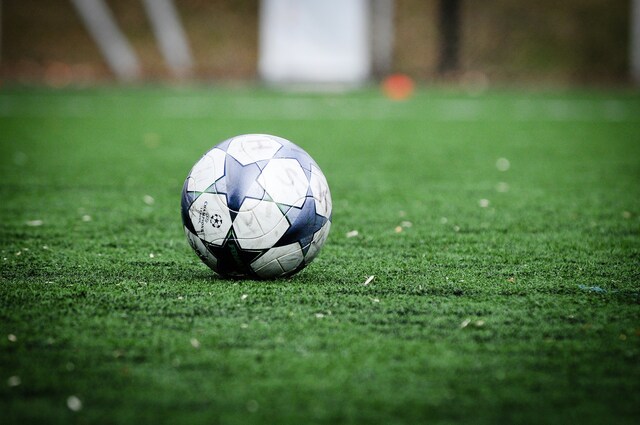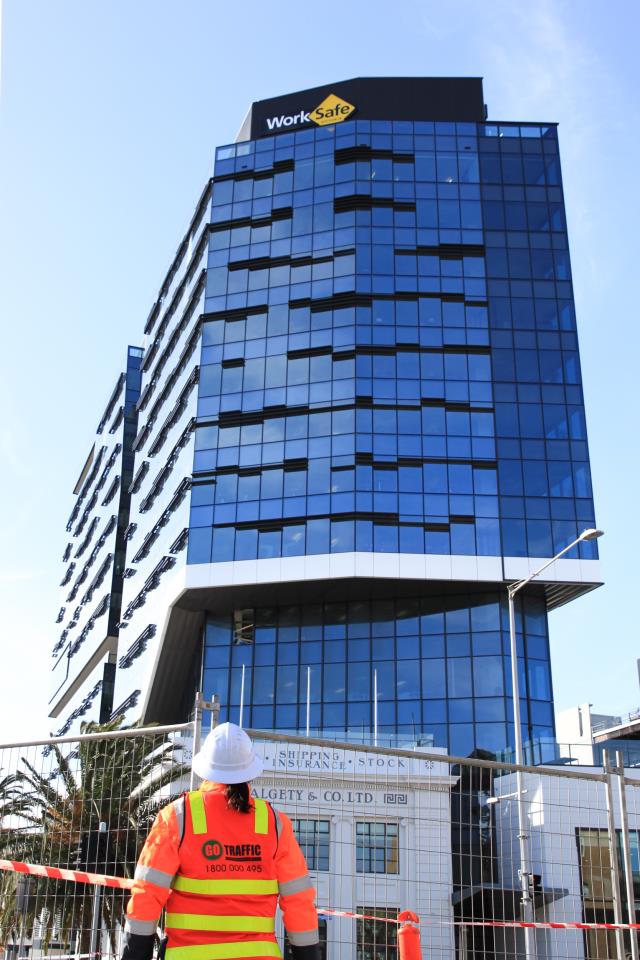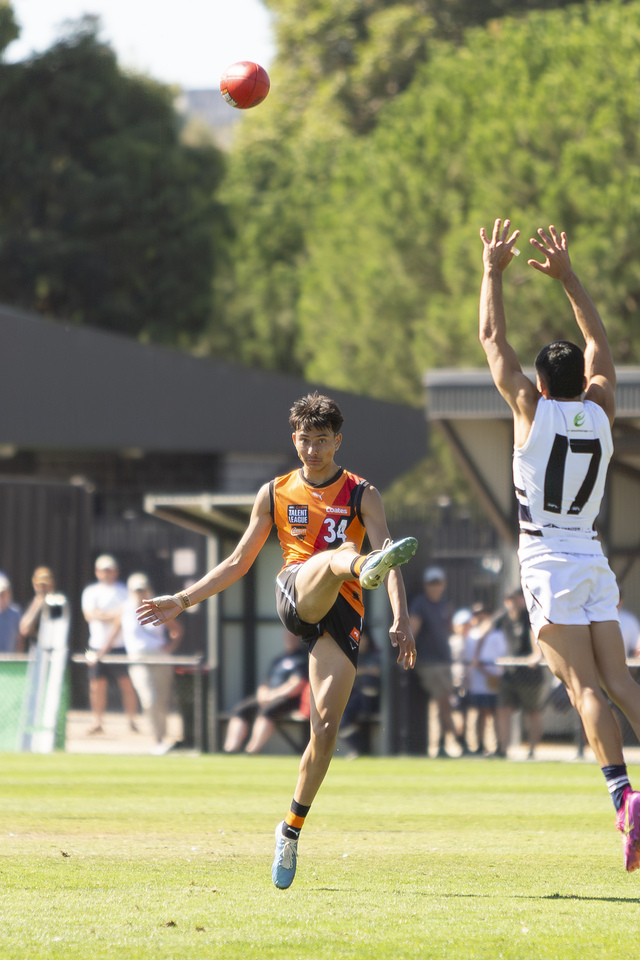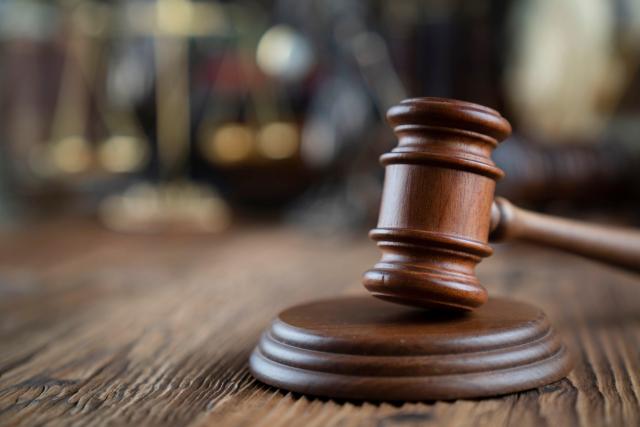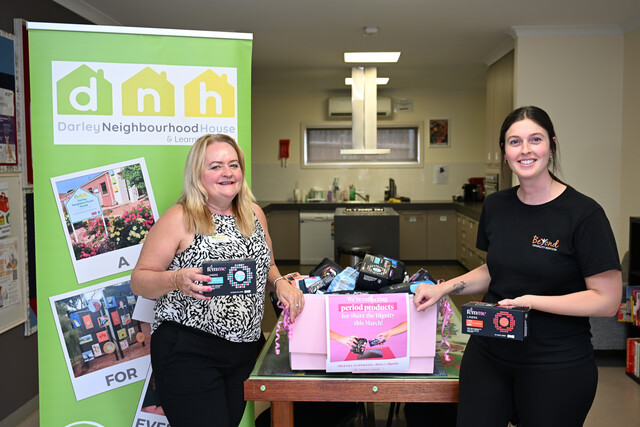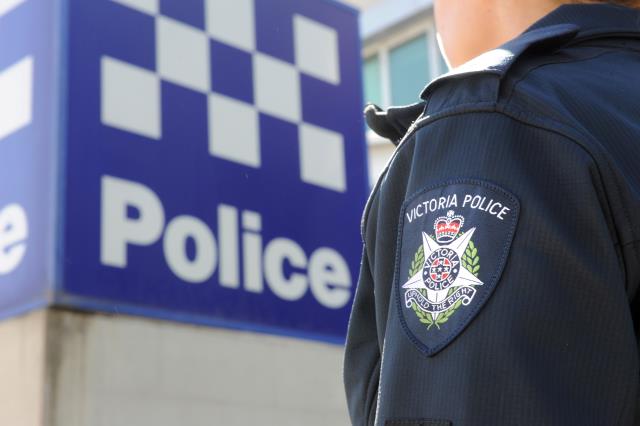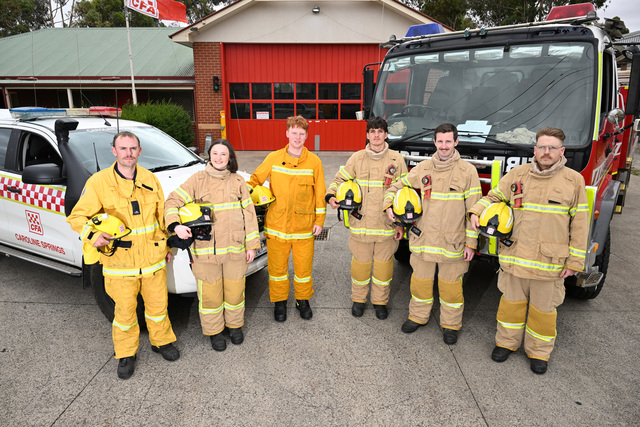Returning lost medals to the families of veterans is a very special kind of national service as Sarah Harris discovers.
ELIZABETH Gray has almost lost everyone she ever loved – twice. Dementia has stolen the names of so many of the faces in the photographs Sunshine nursing home staff once found tucked under her mattress. It was as if she could just sleep on it she might remember.
She has no recollection of her third and final husband Lindsay Gray, a former Army sergeant buried at Woodend last year.
No memory whatsoever of her second husband Harold Egar, a former WWII RAAF flight mechanic, or the home they shared in Hoppers Crossing until he died in 1997.
In Elizabeth’s mind there remains only George Williams, the lean-faced little tram conductor she fell in love with before World War II.
These subsequent marriages came to light only when Bill Wyndham, the nuggety ex-Telstra project manager who has dedicated his retirement to returning lost medals to the families of veterans, went in search of the 90-year-old widow.
The unravelling of this extraordinary tale of one found medal and four lost diggers must start in a shed in Elwood in November 2010.
It was here that a medal bar was found by State Trustees charged with sorting out the estate of deceased WWII veteran Max Buckley.
The news of the discovery of the medals initially delighted his family in Adelaide.
“Max had served in the war in New Guinea. When we heard there were medals found we got quite excited because we though perhaps they were his, even though he had always claimed his medals were destroyed,” relative Helen McDonald recalls.
The suitcase containing the medals and photos of his wedding and family were duly dispatched to South Australia where Max’s brother Ron opened it, only to discover it belonged to someone named George Douglas Williams.
“We sat on it for a month wondering what to do and then we got in touch with the RSL in Melbourne who put us onto Bill Wyndham,” Helen reveals.
Little did Bill suspect then that it would pose the greatest challenge he’s so far encountered in the 11 years he has been been actively involved in returning lost military hardware to rightful owners or their nearest kin. With Lieutenant Colonel Glyn Llanwarne OAM and Captain Scott Revell, he makes up the formidable Lost Medals Australia team which has to date returned more than 1100 medals.
“It was a tough case to crack,” the former Vietnam veteran agrees.
“You wouldn’t think one little 90-year-old could prove so elusive.
“I always felt she was alive somewhere. There was no record of her death. George, who died in 1990, was buried in a double grave. He was waiting for her, but she wasn’t there.
“It has been very complicated because of the surname changes. When you have someone who has outlived her husband, who disappears off the electoral roll and has no living children, where do you go?”
Eventually the real estate agent who sold George and Betty’s house in Pascoe Vale took pity on him and told him the house was sold by a Mrs Elizabeth Egar.
In the course of the next few months Bill spent months looking for Elizabeth as he thought of her.
He tracked down distant relatives in out-of-the-way places, spoke to former neighbours, spent hours in the State Library looking up death notices.
“At the end of some of the trips all I could tell you was that they had some nice houses out that way.
“Eventually I got something like nine or 10 different stories and put them together. I got the name of her final husband from a neighbour who said she thought she’d gone into a retirement village somewhere around the Sunshine area.
“There are a heck of a lot of retirement villages in these parts. I think Woornack in Sunshine was about the 18th one I called. I rang and asked if they had a Mrs Elizabeth Gray. My heart soared when they said: ‘Oh, you mean Betty’.”
When Bill and his wife Vicki were finally able to return the photo and medals to Betty, she didn’t need to be told who they belonged to.
“She smiled this most wonderful smile,” Bill recalls.
“We didn’t try to ask her questions – we don’t need to.”
How George’s medals wound up in the person with no family connection is destined to remain a mystery.
Because Betty was unable to tell us much herself, the Weekly asked the National Archives for George’s service records and discovered he had served in New Guinea as an RAAF flight crew mechanic. That explains the Pacific Star.
“He was like a lot of these young boys. He went, served, came home and then quietly went on with his life,” Bill observes looking at the record.
Bill is now working to get Betty’s own service medals, so they can join those of her of husband in the big black handbag which is always at her side.
‘‘Was he handsome, Elizabeth?” I ask her of George. “He was all right. He was my George … and it’s Betty,” she says with a defiant tilt of the chin.
And in that moment you can see the young Betty. The one confined to barracks for seven days for stomping out of camp in Hamilton after she refused an order by a pilot officer to begin work in the officers’ mess.
‘‘Oh, she’s still feisty,” Bill laughs.
As we prepare to take our leave, one of the Woornack staff approaches. “Bill,” says administration officer Waffa Raad, “I found this medal in the street … ”
Thanks to the National Archives of Australia for its assistance.

